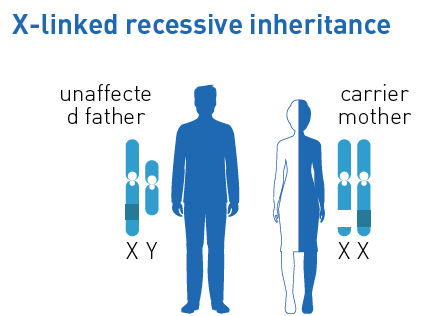Mucopolysaccharidosis Type II (MPS II) in Latin America: The Case of Brazil

Mucopolysaccharidosis (MPS) are genetic disorders caused by specific lysosomal enzyme deficiencies, leading to the accumulation of glycosaminoglycans (GAGs) – long chains of sugars (carbohydrates)– in the extracellular matrix and cells. The increase of the GAGs deposits ends up compromising tissues and causing organ malfunction (Khan et al. 2017).
Currently, MPS is a disease categorized in seven clinical types (and numerous subtypes) in accordance with the specific lysosomal enzyme affected, leading to variable phenotypes, severity, and progression patterns among MPS types (Neufeld and Muenzer 2001).
In this white paper, a vision of the MPS type II landscape in Latin America, with an emphasis in Brazil, will be addressed.
